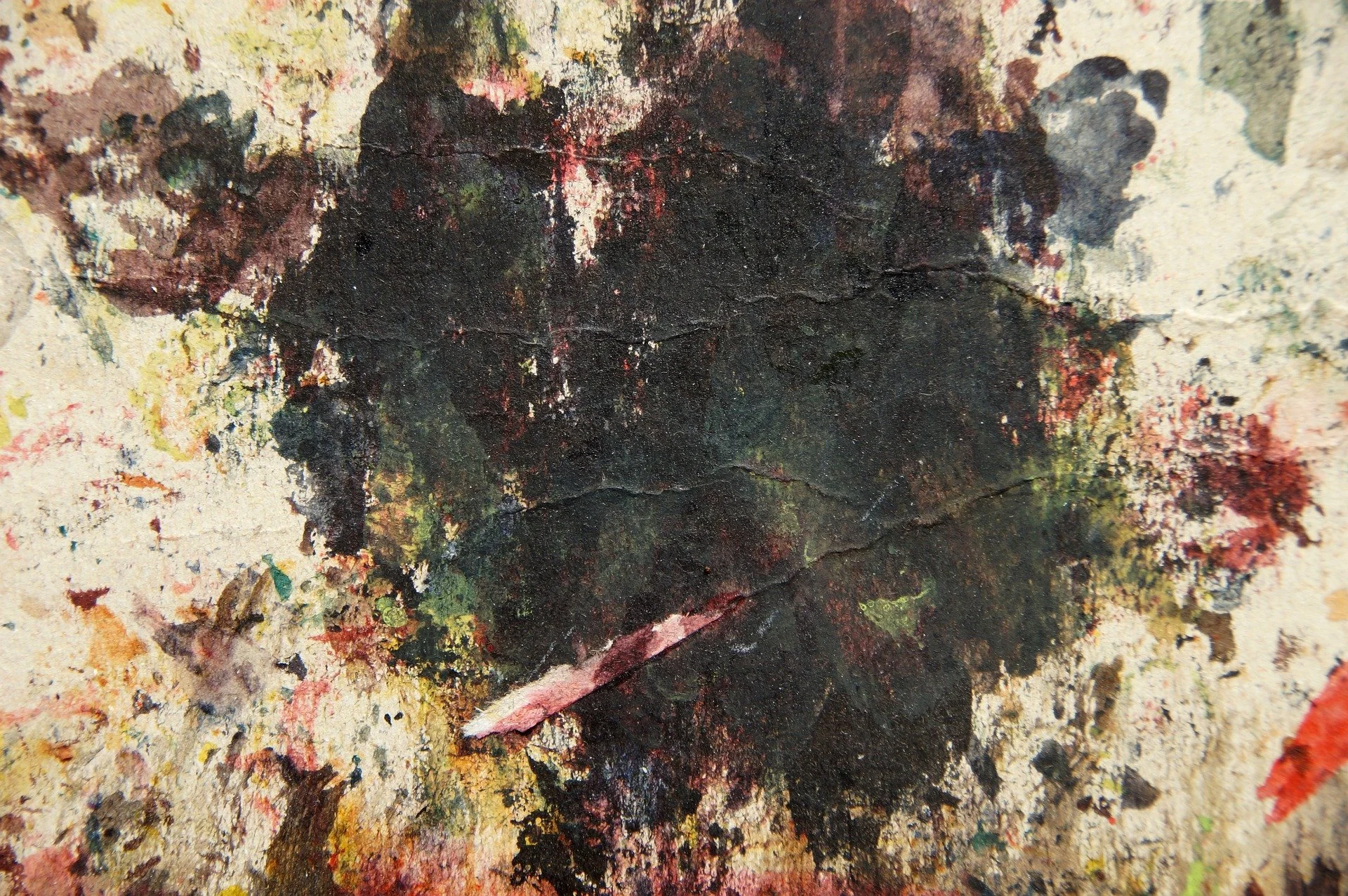When Different Turns Toxic
Why do we feel the need to make ourselves feel special by putting others down?
You know how the saying goes, “if everybody is special, no one is”. Since it’s become more socially acceptable to deviate from the norm and profess one’s uniqueness, there exists this nebulous concept of what “normal” or “basic” is and it has, in some circles, become somewhat undesirable to fit inside these parameters. It’s like you’re doing something wrong by conforming to base expectations or belonging to majority groups, which is, to be honest, ridiculous. It’s like the recent increase in freedom of expression has led to a kind of arms race in which everyone has to be different and unique and the best way of reaching this is shamelessly putting down everyone else. I’d like to clarify that while there’s obviously nothing wrong with self-expression and being who you want to be, there’s never a good excuse for mocking, belittling or dismissing other people and their interests just to make yourself somehow feel more precious.
One of the most obvious reasons for the “I must be different and special”-way of thinking is the toxic thought pattern in which conforming to something is wrong or undesired. This largely applies to groups with a history of being put down, dismissed or ridiculed. So, with that in mind, let’s touch on the topic of “not like other girls:” the idea that acting in a way different from some cookie-cutter base ideal of a woman or girl makes you better and smarter and oh-so-special and different because most girls are apparently terrible and worthless and boy are you fortunate to not be like that. This kind of ideal, especially prominent in the ol’ angsty teen crowd, somehow gives the impression that there is some archetypical girl out there and that possessing similar interests somehow turns you into an incompetent bimbo or a doormat housewife. The idea is that girls or women are (in general) bad and being different makes you a more worthwhile human being. I really hope I don’t need to point out what is wrong with this way of thinking.
At the time this article is being written, it’s 20-freaking-20, but being a woman is, in some circles, somehow intrinsically wrong or undesirable. While this idea is both stupid (the correct scientific term, I’m sure) and old-fashioned, some women, especially younger women with traditionally unfeminine interests, seem to think that professing how you’re so different from other girls somehow makes them seem better or more special than that mysterious Great Other (Girls). What exactly these other girls are like to make them unworthy seems to vary a bit, but the general consensus seems to be that feminine traits and interests are somehow bad or insipid, and deviating from this makes you special and better. Hooray for internalised sexism, I guess.
On from toxic group thinking to mainstream shaming. To preface this part, I’d like to point out that things are popular for a reason. There’s no getting around it. Now, the reasons behind said popularity will vary wildly from things like fear and anger (for some of the less savoury ideas) to simple entertainment value, but it’s insane to argue that something that is popular contains nothing to justify said popularity. I’m not saying it needs to be a profound reason or something - it could be as simple as giving easy answers to hard questions or shoving enough attractive people into your face to make you forget about possible plot-related shortcomings, but things don’t just get popular by divine mandate or something. Why am I talking about this? Why, because so many people seem to think that mercilessly mocking popular things somehow makes them seem intellectual and favouring less-known stuff somehow makes them seem like a true connoisseur of the arts. Not liking popular things makes you special and what better to bolster this giddy feeling than bashing these unworthy, not-special things.
On the other hand, I get it. I do. I understand that sometimes building yourself up by putting others down is some kind of a mix between revenge and defense mechanism. I’ve been that angry alt kid whose interests have been put down, who lashed out by doing the exact same thing to others that made me feel so bad about myself. It’s understandable that after gaining the confidence to defend yourself the obvious solution is to turn the tables and judge those that judged you, but there’s no denying the irony of turning into the exact thing that made you unhappy. But even though it’s understandable, it’s not okay. Because if someone knows how much it stings to have someone laugh off your interests or hobbies, it’s you. So maybe it’s time to be the bigger person and stop putting others down just because someone did it to you. I’m not going to sugarcoat things: it’s a steep learning curve, but in the end, you’ll feel better about who you’ve become.
I’m not saying we need to like everything. I’m not saying we should let anything dictate what you like. What I’m trying to say, I suppose, is that while it is okay to dislike or dismiss things and trends, it really doesn’t give you the right to treat the people involved the same way. It might be a hard pill to swallow, in the end, but there is no such thing as a “basic person”. We’re all on the same line and having interests that may or may not be a bit more “out there” does not award you a special badge or title. I’m afraid your parents were right: everyone is special, even if some people seem a lot keener on proving this to the rest of society by any means possible.
In the end, I suppose what I wanted to lead to is quite simple: it’s okay to be who you want to be and pursue your interests, but there’s absolutely no reason to put someone else down in the process. It’s kind of a sad power trip, to begin with. Are we so afraid of fading into the crowd that we need to make ourselves visible and distinct by any means possible? Why has it become acceptable to put people down if we excuse it by going against the masses, so to say? It’s like we take our own insecurities and channel them into anger against people who are just trying to live their lives. And even though it’s obvious we shouldn’t do that, it seems like sometimes we could do with a reminder that everyone is allowed to have their interests, whether they’re obscure, mainstream, or anything else. Live and let live, people, live, and let live.





